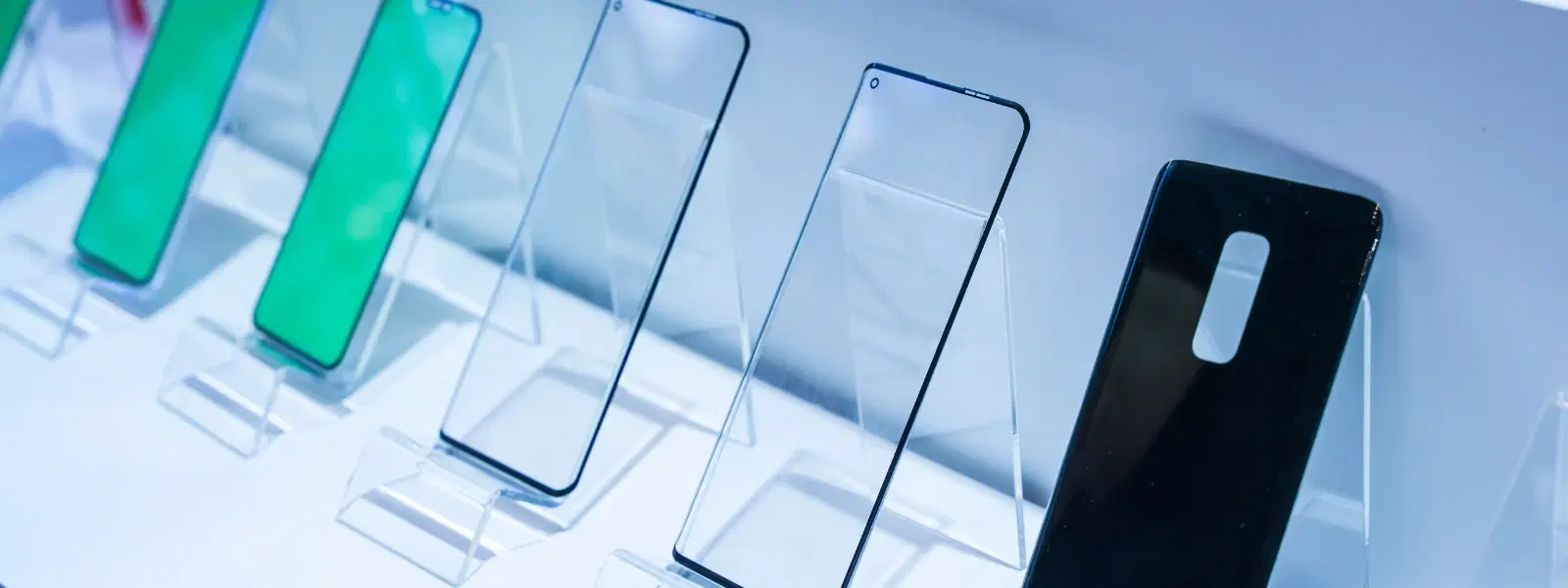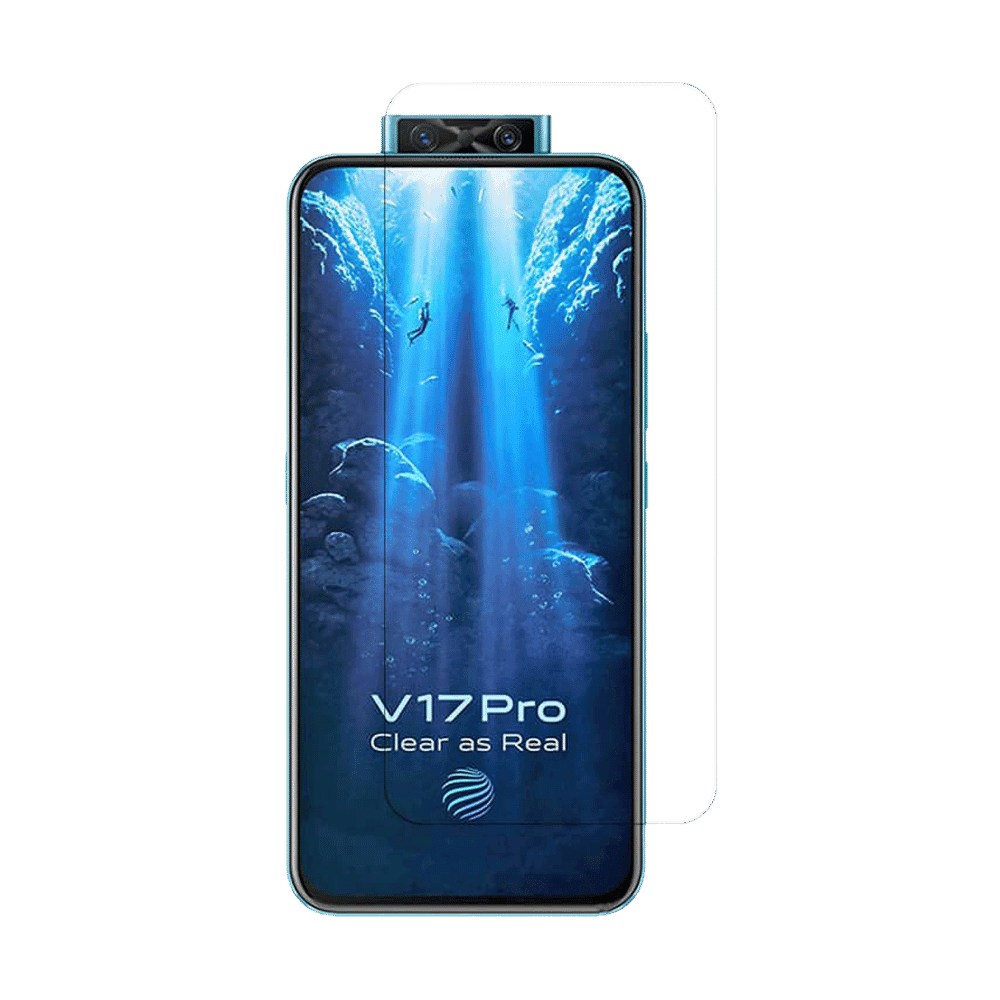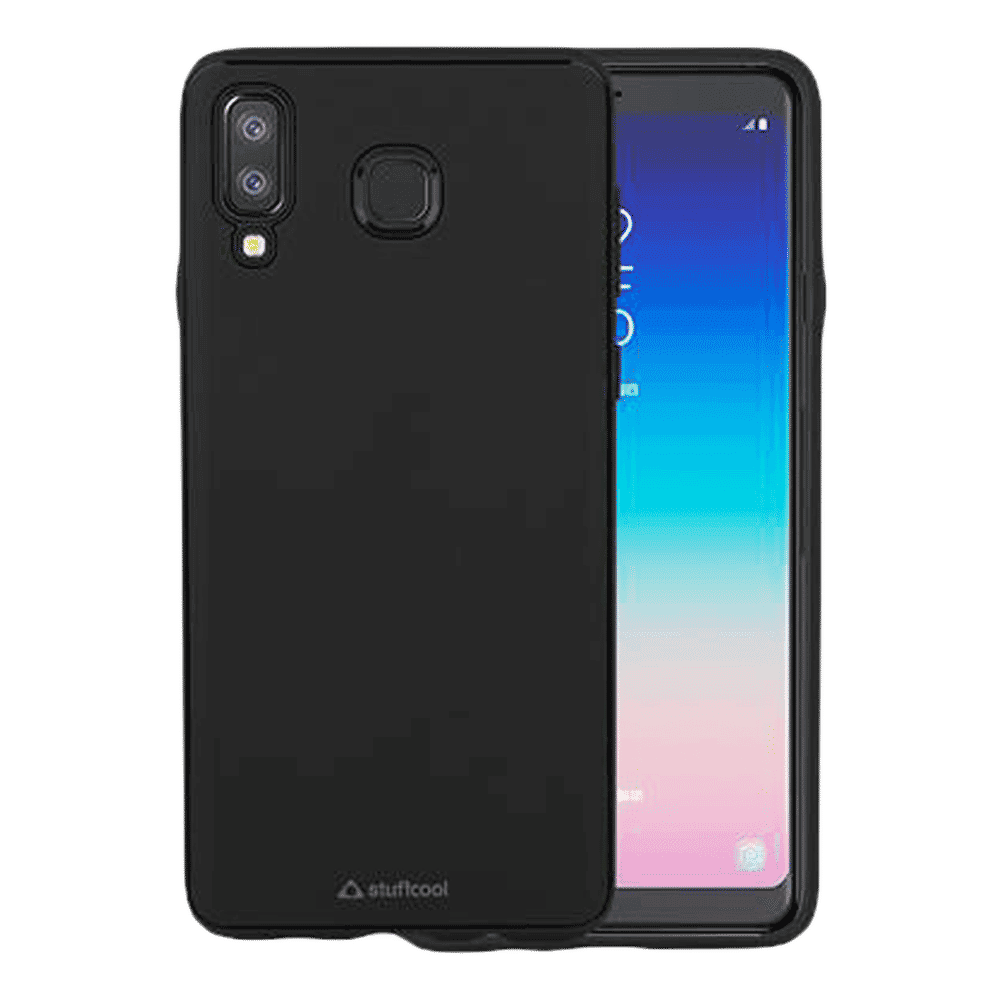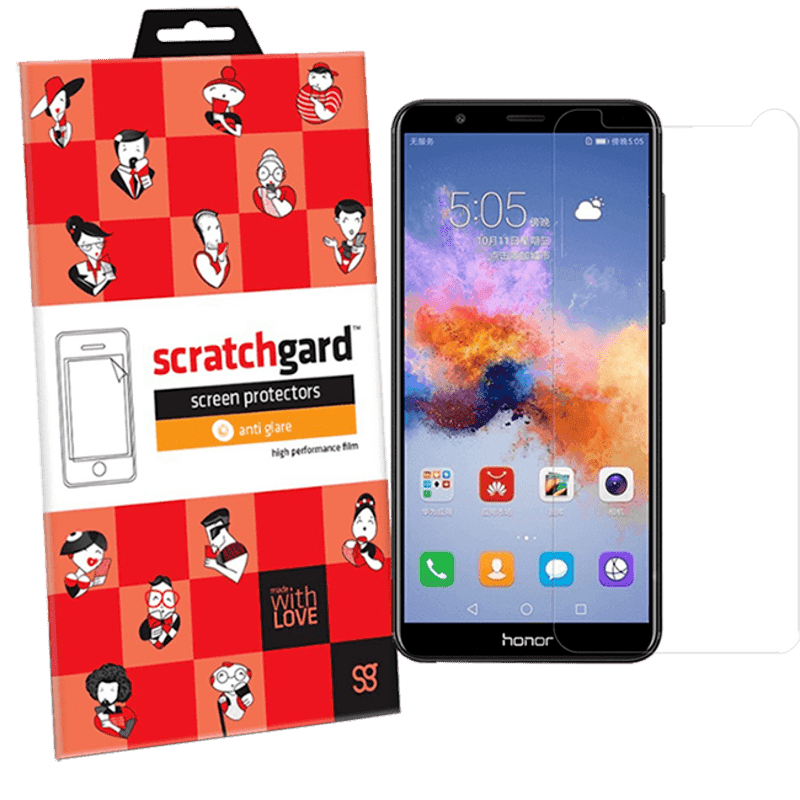
Consumer Electronics
•03 min read

Buy scratchgard Screen Protector for Vivo V17 Pro (Fingerprint Resistant) online at best prices from Croma. Check product details, reviews & more. Shop now!
Protecting your phone screen is essential, but with so many options available, how do you choose the right one? TPU screen protectors are gaining popularity for their unique features and benefits. In this article, you will learn all about these protectors – from their flexible, ultra-thin design to the self-healing properties that keep your screen looking pristine. We explain everything you need to make an informed decision, whether you are a tech enthusiast, a young professional or a family looking for reliable protection for your devices.
A TPU screen protector is made from thermoplastic polyurethane. This material is valued for its flexibility, ultra-thin profile, and durability. It is designed to follow the curves of your device and provides a gentle yet effective shield against everyday wear and tear.
TPU protectors offer several standout benefits. They are scratch-resistant and feature self-healing properties which help repair minor scratches over time. Their anti-fingerprint and clear screen guard qualities ensure that your device’s display remains bright and easy to read, even with frequent handling. Compared to other types like a flexible screen protector or soft film screen protector, a TPU phone screen protector provides a balanced blend of protection and clarity.
Ideal for curved or edge-to-edge displays, TPU screen protectors adapt smoothly to your device. This makes them perfect for modern smartphones and gadgets that require a flexible screen protector. The durability of a durable screen protector also pairs with an ultra-thin design to maintain the device's natural responsiveness.
One of the most innovative features of TPU protectors is their ability to self-heal. Minor scratches can gradually repair themselves, ensuring that your screen remains clear and protected over the long term. This feature distinguishes a self-healing screen protector from more conventional options.
TPU screen protectors are designed to be ultra-thin, ensuring that the display’s sensitivity is not compromised. They offer robust protection without adding extra bulk to your phone, allowing you to enjoy a clear, sharp view while keeping your device safe from everyday hazards.

Buy stuffcool Armour Soft TPU Back Case for SAMSUNG Galaxy A8 Star (Raised Lip to Protect Screen, Black) online at best prices from Croma. Check product details, reviews & more. Shop now!
While tempered glass is known for its impact resistance, TPU screen protectors are more flexible. Their self-healing ability and compatibility with curved displays provide an edge, especially for users looking for a more comprehensive protective solution.
Compared to a soft film screen protector or a traditional PET film, TPU offers superior durability and self-healing properties. A clear TPU screen guard not only maintains high clarity but also provides lasting protection in everyday use.
When compared to hydrogel protectors, TPU stands out due to its unique combination of flexibility and resilience. The thermoplastic polyurethane screen protector is engineered to withstand minor abrasions and scratches, making it an attractive option for those who desire long-term protection.
Installing a TPU screen protector is straightforward. Follow these steps for the best result:
Clean your device screen thoroughly to remove all dust and fingerprints.
Align the protector carefully with the edges and curves of your screen.
Gently apply the protector, allowing it to mould to the screen without trapping air bubbles.
For devices with curved displays, take a little extra care to ensure the protector fits perfectly over the edges.

Buy scratchgard Primo 3D Screen Protector for Honor 7X (Fingerprint Resistant) online at best prices from Croma. Check product details, reviews & more. Shop now!
To keep your TPU screen protector in top condition, clean it regularly with a soft cloth. Avoid using harsh chemicals that may affect the material's integrity. A durable screen protector like this, when properly maintained, will safeguard your device for an extended period.
Did You Know? TPU screen protectors are one of the few options that can self-heal minor scratches, making them ideal for long-term use. This innovative feature sets them apart from traditional screen protectors and ensures your phone screen looks flawless for longer.
Thermoplastic Polyurethane.
Yes, their flexibility makes them ideal for curved and edge-to-edge screens.
The material's elasticity allows it to gradually fill in minor scratches over time.
Yes, TPU protectors are available for most phone models, including devices with curved displays.
TPU protectors are more flexible, self-healing, and better suited for curved displays, while tempered glass provides superior impact resistance.
In summary, TPU screen protectors combine an ultra-thin design with durability and advanced features such as scratch resistance and self-healing. Their flexibility and clarity make them a reliable choice for modern phone screens. With these benefits, users can enjoy a seamless and protective experience with the added reward benefits on Tata Neu when shopping smartly for the latest gadgets and devices.